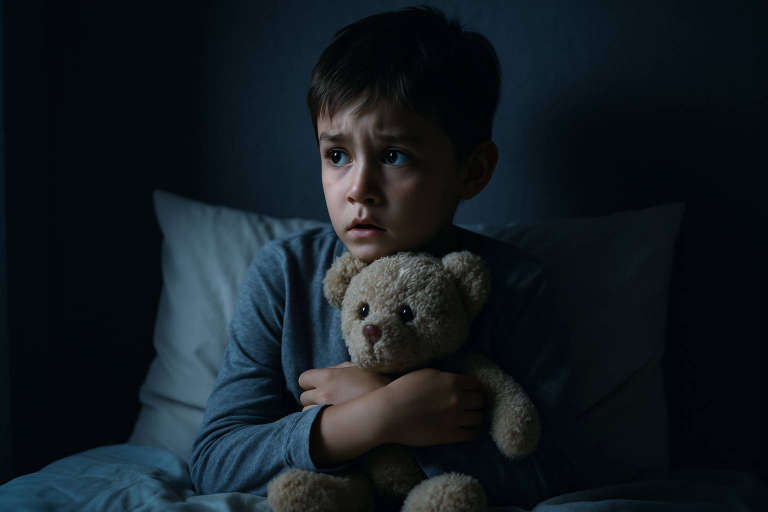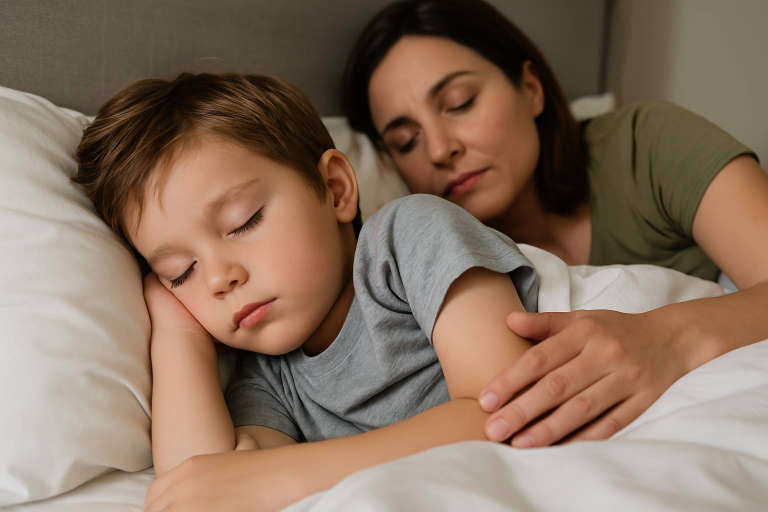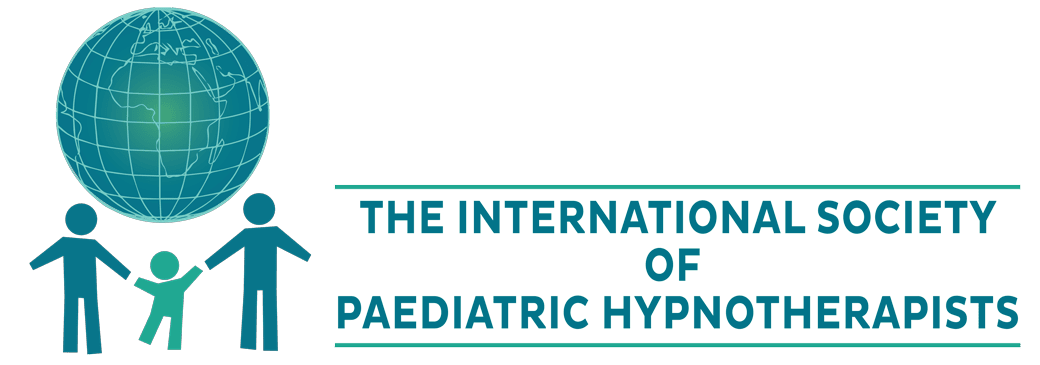Sleep issues in children can be exhausting for both the child and their parents. From difficulty falling asleep to frequent night wakings or distressing dreams, poor sleep can affect a child’s mood, concentration, and behaviour throughout the day. For families, bedtime can start to feel like a nightly struggle rather than a time of rest.
Understanding Sleep Issues in Children
Children can struggle with sleep for many reasons. Some have trouble winding down at night or feel anxious about being alone. Others may experience nightmares, night terrors, or disrupted sleep patterns that leave them feeling tired even after a full night in bed.
Lack of sleep affects more than just energy levels. It can impact learning, emotional regulation, and family routines. Parents often try everything from changing bedtime routines to cutting back screen time, but the problem sometimes continues despite their best efforts.

Why Children Struggle to Sleep
Children experience the world differently than adults. Their imaginations are vivid, and their sense of safety is still forming. If something unsettles them during the day, it can linger in their subconscious and show up at bedtime. Even a small worry can feel much bigger in the quiet of the night.
Paul White, founder of TISPH, explains, “Children are not just little adults. Their minds are wired to explore, question, and imagine. When something feels unsafe or uncertain, it can take hold, especially during sleep.”
Over time, a child can develop unhelpful sleep habits, associating bedtime with fear, resistance, or stress. These patterns can become hard to break without targeted support.
How Hypnotherapy Can Help
Hypnotherapy for sleep issues in children uses storytelling, imagery, and child-friendly techniques to help children relax their minds and bodies. In this calm and imaginative space, the child can begin to rewrite the subconscious patterns that may be disrupting their sleep.
The process helps the child feel safe, reassured, and in control of their own bedtime experience. Rather than focusing on sleep as a struggle, hypnotherapy for sleep issues in children gently teaches the brain how to switch off and settle naturally.
“If a child can imagine a monster under the bed, they can also imagine the feeling of peace, comfort, and safety. Hypnotherapy works because it speaks to the part of the mind that is already used to imagining.”
Paul White – TISPH Founder
Because children live in their imagination and use it daily, they are often able to respond quickly to this kind of approach. On average, children take half the number of sessions that an adult would need for the same issue.
A Story of Success

A seven-year-old girl came to therapy after struggling with nightmares and bedtime refusal for nearly a year. Her parents had tried everything, from sleep charts to lavender sprays, but nothing seemed to help. She was anxious every evening and exhausted in the mornings.
In her sessions, she created a magical sleep story featuring a kind, protective animal who watched over her dreams.
By the third session, her nightmares had eased, and she started going to bed without arguments. Within a month, she was sleeping through the night.
This transformation was not just about falling asleep. It gave the family back their evenings and helped the child feel proud and in control. Her mother has no issues in recommending hypnotherapy for sleep issues in children.
What to Expect from Hypnotherapy
Sessions are relaxed, age-appropriate, and tailored to each child. The therapist might use drawing, storytelling, gentle breathing techniques, or guided imagery to help the child feel safe and settled.
- Many children improve within a few sessions, gaining confidence and better sleep habits
- Parents are included in the process and supported with practical advice and reassurance
Therapy feels more like creative play than treatment. It taps into what children already do naturally and makes it easier for them to shift their thinking and behaviours.
Why Choose a TISPH-Qualified Therapist?
TISPH-qualified therapists are specially trained to work with children. They understand how childhood development, imagination, and emotional needs influence sleep. With specialist training in paediatric hypnotherapy and safeguarding, they know how to approach sleep issues in children safely and effectively.
You can find a qualified therapist using our Find a Hypnotherapist page.
Common Questions
Will my child be asleep during hypnotherapy?
No. Hypnotherapy is a calm and focused state, not sleep. Children remain aware and often talk, draw, or move during the session.
How many sessions will my child need?
Every child is different. Some respond in just two or three sessions, while others may benefit from longer support. Your therapist will offer guidance after the first session.
